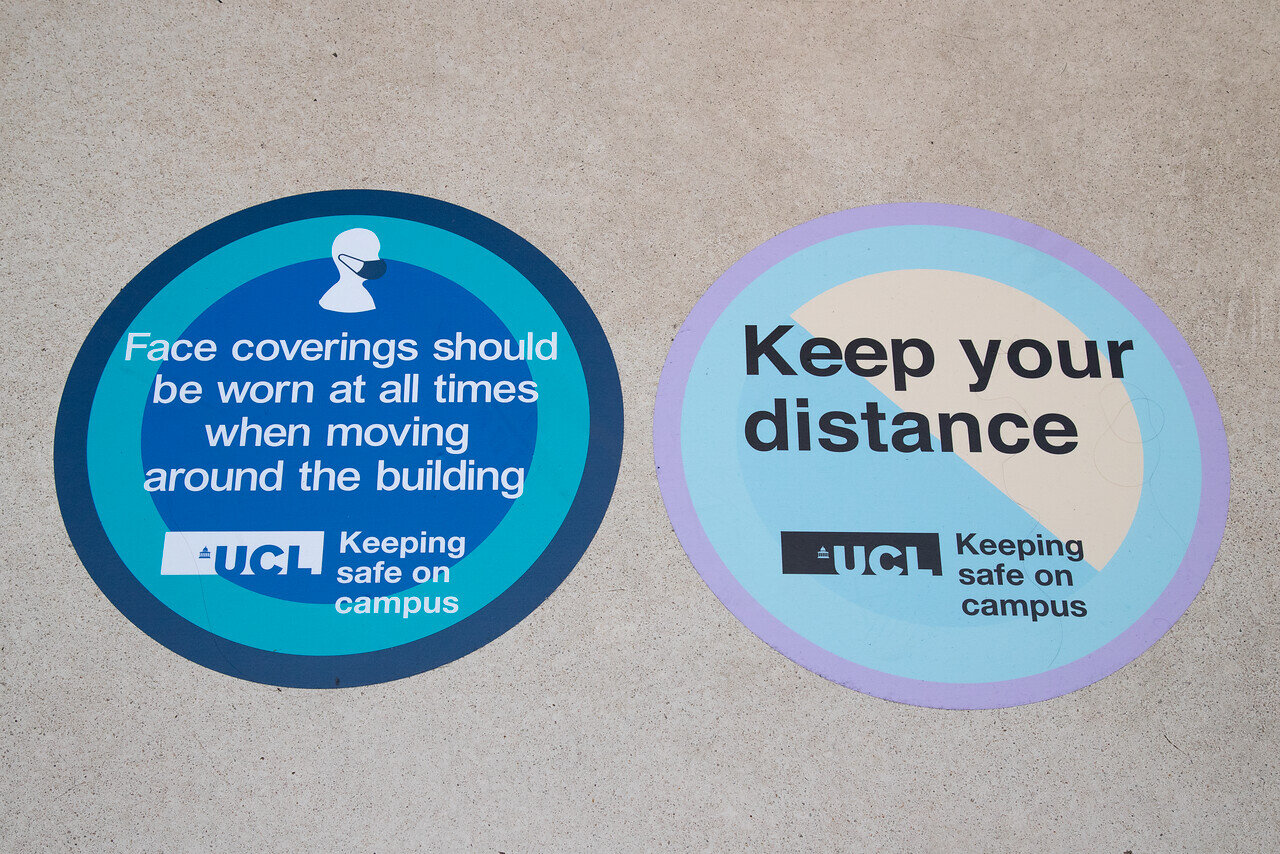Tier 2 restrictions imposed in London
Mixing between different households indoors, in cafes, restaurants and pubs, is disallowed from Friday October 16, as Tier 2 restrictions are put in place in London.
Photography by Mark Hinkley (UCL ImageStore)
From October 16, London will enter Tier 2 of the government’s three-tier Covid-19 strategy, with increased restrictions affecting millions of people in the city, including thousands of UCL students living in the capital.
The three-tier system was introduced by the government in hopes of curbing the rising coronavirus rates throughout the UK, with Prime Minister Boris Johnson telling the Commons that the system aims to “simplify and standardise” local lockdown rules.
The tier of different cities corresponds with the number of Covid-19 outbreaks in that area; tighter restrictions are enforced depending on the designated alert level, with Tier 1 being classified as medium risk, Tier 2 as high, and Tier 3 as very high.
Tier 1 restrictions prohibit socialising indoors or outdoors in groups larger than six and, whilst businesses and venues may remain open, pubs and restaurants must operate between 5 a.m. to 10 p.m., ensuring that customers remain seated whilst eating or drinking. Whilst Tier 2 restrictions still allow up to six people to meet outside, the restrictions aim to reduce household-to-household transmission. Therefore, indoor mixing between different households or social bubbles is now prohibited.
As London joins the growing list of places under Tier 2 restrictions, UCL students and staff will be included in the 9 million citizens now unable to meet in indoor spaces with friends outside of their own household. Student life will look notably different, as restaurants and pubs will no longer be spaces to socialise with those from other bubbles, and the Tier 2 rules will affect the already struggling hospitality industry.
However, British health minister Matt Hancock declared that, whilst harsher regulations will inevitably have social and economic consequences, “Delayed action means more deaths from Covid, it means more non-Covid deaths and it means more economic pain later."
London Mayor Sadiq Khan has similarly backed city-wide restrictions, following the announcement that 11 boroughs saw more than 100 new cases in a week per 100,000 people. Khan invoked London’s history at City Hall, warning Londoners of the “difficult winter ahead”, whilst providing reassurance that “just as we’ve always done throughout our city’s great history, I know that we will get through this dark time by pulling together.”
UCL has many planned approaches, in line with guidance from the UK government, in response to potential outbreaks of coronavirus. These include proposed safety measures and structures introduced to monitor and respond to outbreaks amongst the university community.
In the event of a local lockdown, UCL will notify all students and staff through central Communications and Marketing channels. Whilst campus will remain, access to buildings will be limited to critical activity, teaching will move entirely online, non-critical staff will work from home, and cafes will shut. Any potential further action will be considered by the Crisis Leadership Team led by the Provost.

